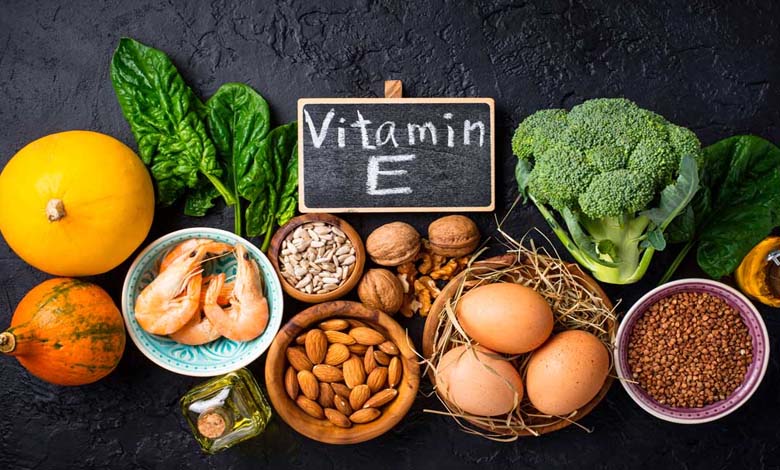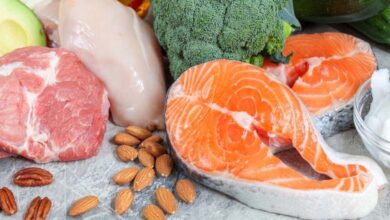Animal vs Plant-Based Iron: Which Does Your Gut Prefer?

Understanding Iron: A Vital Mineral for the Body
Iron is an essential mineral for human health. It plays a crucial role in the production of hemoglobin, the protein in red blood cells that carries oxygen throughout the body. Iron also supports energy metabolism, immune function, and cognitive development. But not all iron is created equal. There are two main types: heme iron, found in animal products, and non-heme iron, found in plant-based foods.
Heme Iron vs Non-Heme Iron: What’s the Difference?
- Heme iron is present in red meat, poultry, and fish. It is bound in animal hemoglobin and myoglobin. This type of iron has high bioavailability, meaning it is easily absorbed by the intestine (about 15–35%).
- Non-heme iron comes from plant sources such as legumes, leafy greens, nuts, and whole grains. It has lower bioavailability (2–20%) because it is often bound to compounds that inhibit absorption, such as phytates, oxalates, and certain polyphenols.
-
Best low-carbohydrate diet for weight loss
-
Health benefits for eating seafood
Which One Does the Gut Prefer?
The human gut is naturally more efficient at absorbing heme iron due to its direct absorption pathway. Non-heme iron, on the other hand, requires chemical conversion before absorption, which depends on many factors — especially vitamin C (which enhances absorption) and dietary inhibitors.
That said, there are digestive advantages to plant-based iron. A fiber-rich diet — typical of vegetarian or vegan eating — promotes a healthy gut microbiome, which can indirectly support better nutrient absorption, including iron. On the flip side, excessive red meat consumption may disrupt the intestinal microbial balance and increase inflammation risks over time.
Special Needs and Gut Health Considerations
- Women of childbearing age, pregnant women, and children have increased iron requirements. In these cases, heme iron is often recommended for quickly correcting deficiencies.
- People with sensitive intestines or digestive disorders may find that heavy meat intake causes discomfort, bloating, or inflammation. A moderate intake of well-combined plant-based iron (with vitamin C) may be a gentler solution.
-
Lipids and their benefits for the body
-
The type of foods that are difficult to digest
Conclusion: Striking a Smart Balance
Rather than pitting animal-based iron against plant-based iron, it’s important to recognize their complementarity. Heme iron is easier to absorb but can be harder on digestion if consumed excessively. Plant-based iron is gentler but requires thoughtful dietary planning to optimize absorption. Your gut will thank you for choosing a balancer, varied diet that supports a healthy microbiome.












